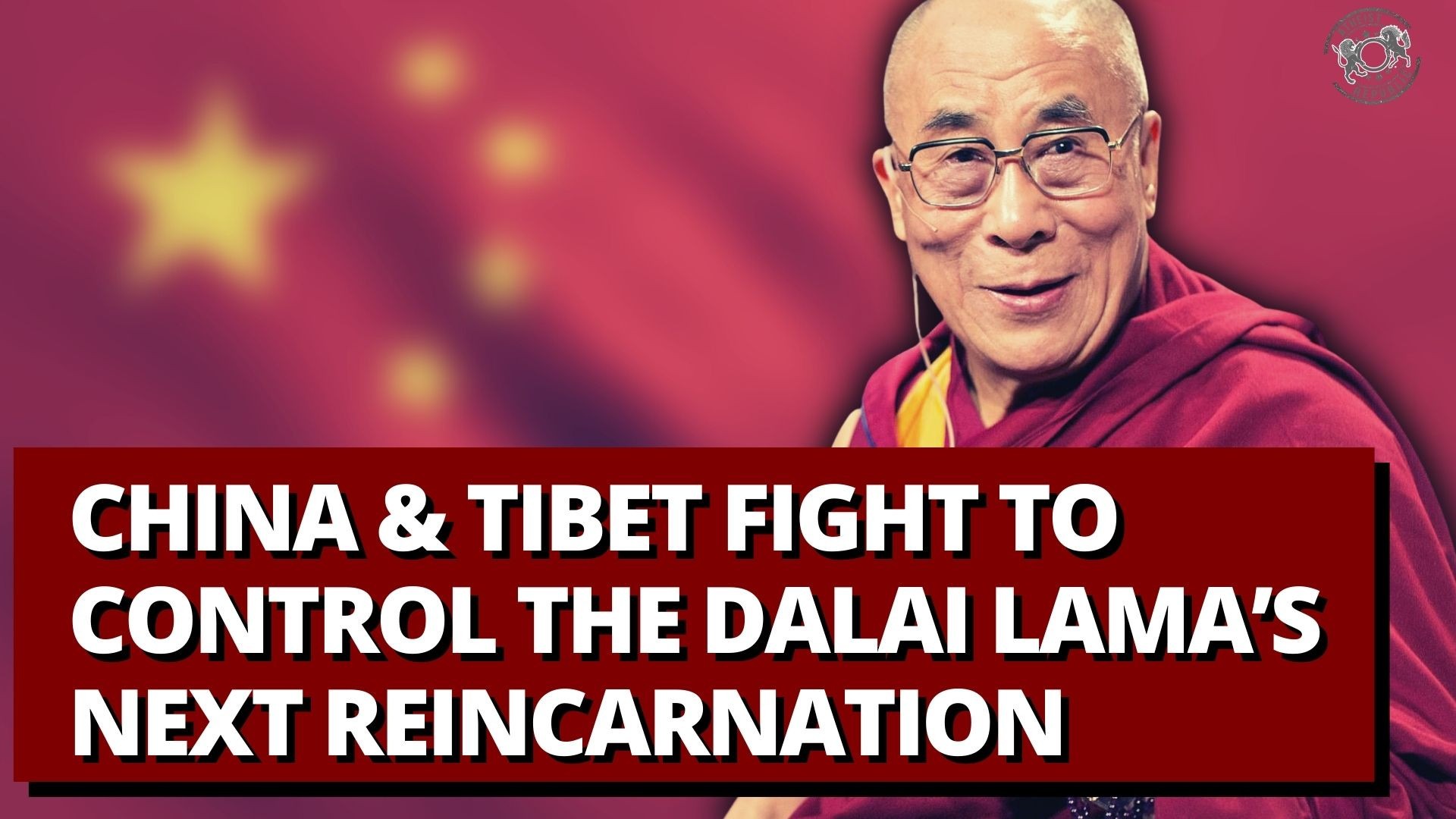
On July 6, the 14th and current Dalai Lama, Tenzin Gyatso, turned 86. As the Dalai Lama grows older, the pressure for his succession has become more mounting. Tibet, China, India, and the rest of the world prepare for the plunge when the Dalai Lama has no choice. He will either name a successor or leave the world behind, especially Tibet, more vulnerable to China's aggression.
In a meeting more than two years ago, the Dalai Lama asked his monks and the Tibetan officials to look him in the eyes, then asked, "Do you think it's time now?" This was not seen as an immediate concern; aside from a short cancer-scare, the Dalai Lama is healthy and thriving.
The fight for the next Dalai Lama has trespassed beyond the boundaries of Buddhism. It has evolved from a mere religious tradition to a global geopolitical struggle, with powerful nations vying for control over the next Dalai Lama and China using its control over Tibet.
The US seeks to counter China's manipulation in support of Tibet's claims in ushering the next Dalai Lama. The US and India have been working together, creating a surveillance network around Tenzin Gyatso by targeting his inner circles. India provides the targets, and the US enacts the intelligence gathering with its Pegasus spyware.
Tibet's exiled Central Administration, operating in Dharamshala, India, has also been targeted. In 2020, the US updated its policies on Tibet, announcing that Tibet can select the next Dalai Lama without interference from other nations. Beijing vehemently opposed this move from the US.
India, which shared a vast border with China, has offered support to the current Dalai Lama. Renewed calls have been made in Modi's administration to step up their effort in countering China's plans of orchestrating the selection of the next Dalai Lama. China's method of divining the Dalai Lama's next incarnation is through a "golden urn." The urn is merely a ceremonious representation of what China is trying to paint. Since early 2010, China has been inviting the Dalai Lama back to Tibet, offering gifts and a guarantee that they and their people will not be persecuted if they support China's bid to control the selection of the next Dalai Lama.
The traditional methods of the selection of the next Dalai Lama usually include instructions from the current one. The selection of the Dalai Lama's next incarnation also includes traditional Buddhist divination that contains details as to where the Dalai Lama was facing (or his head was facing) at the moment of his death. It also includes the general direction of the smoke in his funeral pyre.
